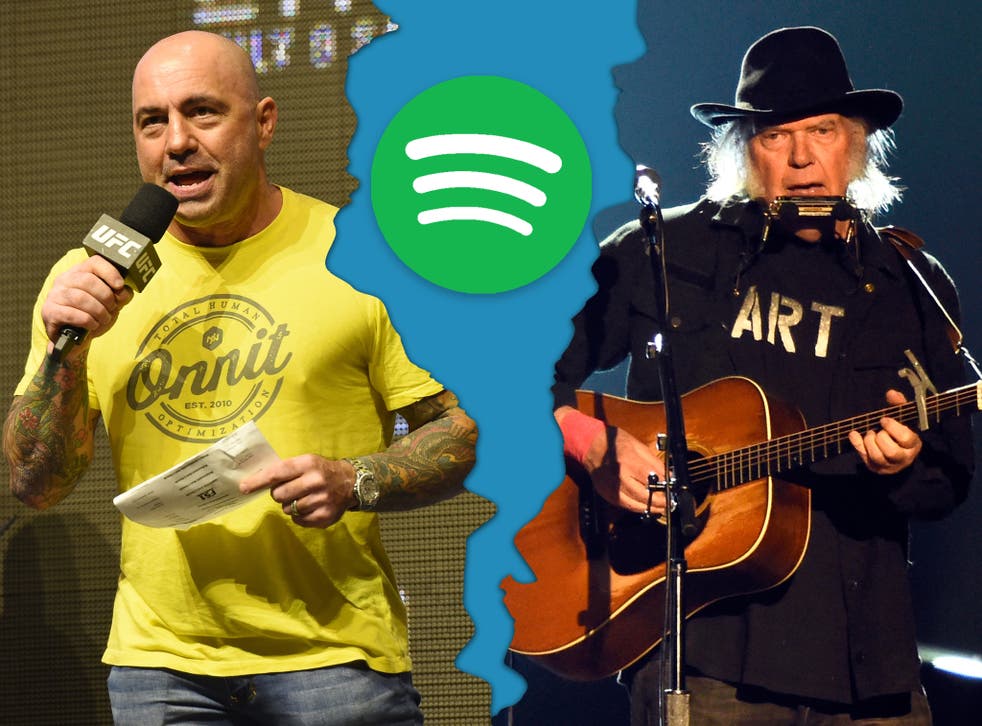Justin Sherman for Wired on our current state of digital privacy:
Companies like Acxiom, LexisNexis, and others argue that there’s nothing to worry about collecting and sharing Americans’ sensitive data, as long as their names and a few other identifiers aren’t attached. After all, their reasoning goes, this “anonymized” data can’t be linked to individuals, and is therefore harmless.
[…]
The irony that data brokers claim that their “anonymized” data is risk-free is absurd: Their entire business model and marketing pitch rests on the premise that they can intimately and highly selectively track, understand, and microtarget individual people. the data brokerage circus.
This argument isn’t just flawed; it’s also a distraction. Not only do these companies usually know your name anyway, but data simply does not need to have a name or social security number attached to cause harm. Predatory loan companies and health insurance providers can buy access to advertising networks and exploit vulnerable populations without first needing those people’s names. Foreign governments can run disinformation and propaganda campaigns on social media platforms, leveraging those companies’ intimate data on their users, without needing to see who those individuals are. Programmers don’t need names in a data set to create artificial intelligence tools that can’t accurately identify female individuals’ and Black individuals’ faces or tell police to patrol already heavily policed neighborhoods of color.
The issue is that the genie is out of the bottle and too much of the tech economy is based on the selling of sensitive data.
Since we can’t stop it, I propose that there should be a collective charge on all companies that traffic on sensitive data. The profits should be distribute back to the general public. After all, if they are going to use our data to make profit - effectively making us the product - we should be compensated.
Its not like there isn’t a precedent for this - the state of Alaska does something similar to this with the oil industry:
The Alaska Permanent Fund (APF) is a constitutionally established permanent fund managed by a state-owned corporation, the Alaska Permanent Fund Corporation (APFC).[1] It was established in Alaska in 1976[2] by Article 9, Section 15 of the Alaska State Constitution[3] under Governor Jay Hammond and Attorney General Avrum Gross. From February 1976 until April 1980, the Department of Revenue Treasury Division managed the state’s Permanent Fund assets, until, in 1980, the Alaska State Legislature created the APFC.[4]
As of 2019, the fund was worth approximately $64 billion that has been funded by oil revenues and has paid out an average of approximately $1,600 annually per resident (adjusted to 2019 dollars).[5] The main use for the fund’s revenue has been to payout the Permanent Fund Dividend (PFD), which many authors portray as the only example of a Basic Income in practice.[6][7]
It’s time we demand companies that traffic and profit off our private data to compensate us - the creators of their product.







